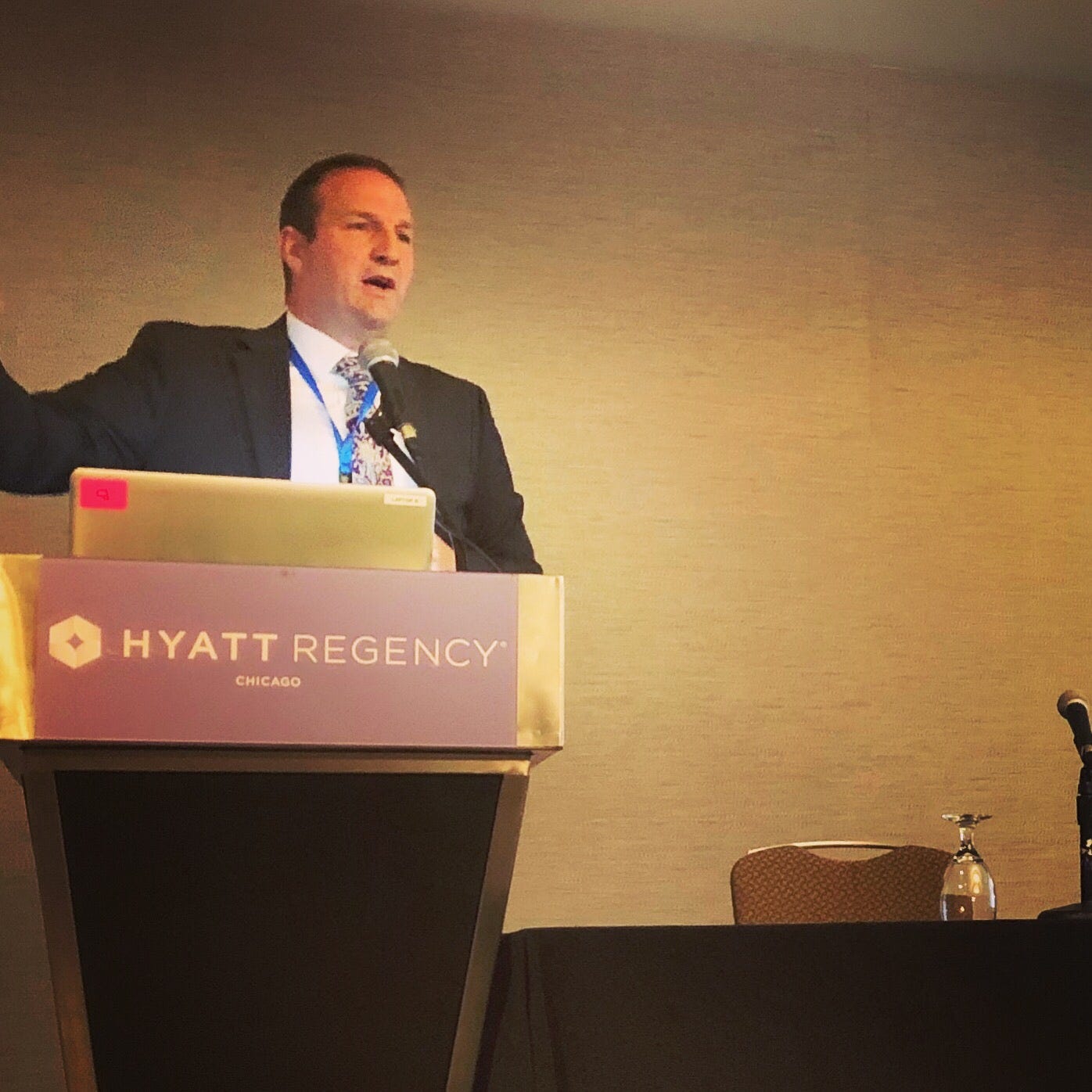Addiction Recovery Requires Health System Reform.

Not merely “addiction treatment” reform.
WATCH THIS VIDEO for a eye-opening perspective on healthcare.
Credit “The Moth” | true stories told live
THIS IS THE EXPERIENCE OF THE CORPORATE VP. Imagine how inadequate service is for the poor, uninsured, publicly funded, minority and otherwise marginalized citizens in this country.
To paraphrase what she says in the video: “It’s against the law. But you can’t call the police on an insurance company or a corporation…”.
This may seem incredibly obvious to all of you. Perhaps I’m very naive. However, I have never considered this particular aspect of the omnishambles known as “the American healthcare system”.
OMNISHAMBLES (noun): a situation that is bad in many different ways, because things have been organized badly and serious mistakes have been made.
When you add zero accountability to an already disastrous recipe you get next level problems.
I have been operating with the assumption that “addiction treatment” was uniquely disordered. I told myself that bringing addition treatment and recovery support into healthcare will allow a more sophisticated system to tighten things up.
I would preach about addiction and mental health treatment reform. Here I am, hammering the talking points: parity, stigma, and “recovery messaging”. I followed the “recovery advocacy” playbook!


Our health care system is stuck in the 1950s, when the prevailing epidemics were polio and influenza. Today’s public health challenges are chronic diseases like diabetes, obesity, and opioid addiction. Half of all adults — 117 million Americans — have a chronic condition; the projected cost is $794 billion in lost productivity alone between 2016 and 2030. (Stat Plus, 2017).
Insurance companies systematically deny payment and play hide and seek with patient reimbursement. This happens with many medical conditions; not just addiction and mental health.
Denial of the claim is far too common regardless of the presenting problem.
I also thought the lack of regulatory oversight, and the accompanying patient mistreatment, was more pronounced in the addiction treatment and recovery space (when compared to healthcare in general).
I’ve had conversations with family members who report confronting inadequate care within rehab or detox. In some cases, the issue was blatant mistreatment. The details, reported by families of various backgrounds, are eerily similar. The outcomes were universally frustrating. Essentially, they are told “there is nothing you can do about these concerns”.
In one case, a young man died after being inappropriately administratively discharged from an inpatient rehab. In this case the family persevered. They hung in there despite the commonplace treatment center tactics: evasion, legal delays and sketchy maneuvering. The family was able to bring the case to a civil trial.
Their story was stunning.
For the record, I received this information from the family. I did not witness these statements. However, I have no reason to question the genuineness of their report. I know them well.
Essentially, the presiding judge said (paraphrasing on my part):
- We believe that the center was completely out of line.
- We believe that this young man was mistreated (the kid was kicked out and used drugs laced with fatal adulterants while on the run from the center).
- However, we find no fault with the center and we have no recourse BECAUSE THE ACTION TAKEN BY THE CENTER REFLECTED INDUSTRY STANDARD!
The judge basically said: “This treatment center sucks and what they did to this kid sucks. However, since the entire industry engages in this sucky “administrative discharging” practice, we can not hold anyone accountable”.
Someone should be monitoring these places?
There should be oversight and regulation. Why isn’t someone regulating these places?
The answer is: someone is monitoring, regulating and accrediting these organization. Each state has a licensing agency and there are accrediting bodies that are considered the gold standard. Ironically, these agencies (CARF, JCAHO) are also considered the gold standard in the accreditation of other healthcare facilities. However, attaining accreditation does not ensure quality service in the SUD treatment system.
Apparently these organizations are just as ineffective in the monitoring of other healthcare organizations.
In the United States, the numerous industry organizations that have been created to meet these demands haven’t fully succeeded in doing so. For example, a study found that the accreditation of hospitals by the Joint Commission on Accreditation of Healthcare Organizations (JCAHO), an industry-dominated group, had scant correlation with mortality rates. (Harvard Business Review, 2018).
That is also, essentially, the same experience described in the video by RJ’s mom. Except the issue was a traumatic brain injury and long term nursing home care. Instead of a traumatic opioid addiction and long term residential care.
“You can’t call the cops on a healthcare organization, or an insurance company, OR an addiction treatment center”.
I told myself that the stigma associated with addiction and mental health permitted systematic misconduct. I am sad to say, this problem goes much deeper than stigma.
I don’t think words can adequately capture the level of frustration, anger, and outright disbelief I feel as I learn more and more about the healthcare system, the insurance “reimbursement” system, and the regulatory system that is supposed to oversee all these things.
I started out on this “recovery journey” as a dutiful member of the behavioral health industry. I worked in various clinical settings and I did very well. I moved up the ranks quickly and started several programs based on traditional models. However, I became disillusioned and moved into professional recovery support services in 2012.
I moved into an unknown space. I had the misunderstanding that there was institutional and systemic support for alternative ways of addressing substance misuse.
I thought “something new” was the order of the day. I quickly figured out that support for an alternative approach is superficial and symbolic at best. Non-existent in most cases.
FAVOR GREENVILLE received zero support from the usual suspects when we first opened our doors in 2012.
The usual suspects being government payers AND private or public insurance payers.
I had a family, I had kids who wanted to eat occasionally, and we had no money coming in. I was certain I was going to be living in a van down by the river.


Fortunately, I am very risk tolerant. I have a very supportive and risk tolerant/mission driven wife. I had a business background. It was bootstrap time.
We found other ways to fund our program. We developed new ways to attack substance misuse and mental health issues. Early adopters came on board and gave major financial support. Most of our support came from the business world. People with entrepreneurial roots saw something special in FAVOR GREENVILLE.
We got some big wins and some major philanthropic investments. Eventually, some doors start opening in other areas. We even cracked the government funding code (on a modest level). This made it possible to grow.
However, scaling a model and pushing for systemic change requires a broader and deeper reach. We must recruit talent. We must pay people accordingly.
Responding to expansion opportunities and initiating innovative programs is impossible without a predictable business model. One that trades on a more diversified revenue stream. This was a cause for many sleepless nights.
BACK TO THE VAN DOWN BY THE RIVER.


Eventually it became clear:
We needed to expand our thinking and stop playing small. We are experts in the health, wellness and recovery field. There are people “training” and providing “technical assistance” that have never even launched or sustained a recovery organization. Why the hell is FAVOR Greenville sitting on the sidelines?
So we say to ourselves: Let’s consider resources outside the Upstate, let’s consider monetizing our intellectual property and capitalizing on our earned expertise. Let’s maximize our talent.
We developed partnerships and started collaborating with entities, organizations, and institutional channels OUTSIDE OF THE RECOVERY and TREATMENT box.
This includes creating a social enterprise. A breakthrough technology company: YOUTURN.
This also includes work in the criminal justice world and contracts with various state departments in SC. Along with a couple state entities outside of SC. Naturally, this includes healthcare partnerships and projects for the state department of health. For example we are currently providing support for HIV/Hep C screening and outreach.
Our integration with healthcare is substantial. Hence my obsession with this flawed, complex, incomprehensible system.
FOR THE RECORD: I BELIEVE THAT A HEALTHCARE CENTERED RECOVERY MODEL WILL BE NECESSARY IF WE ARE TO RESPONSIBLY ADDRESS SUBSTANCE MISUSE & MENTAL HEALTH.
Therefore, we are going full out with health system integration. We have 8 hospital programs up and running (7 emergency department and 1 inpatient coaching programs). I am an associate faculty at the University of South Carolina School of Medicine at Greenville where I teach med students recovery coaching. FAVOR Greenville has just been accepted for a clinical trial with the National Institute of Drug Abuse (NIDA) to evaluate the effectiveness of our ED department program. Things are certainly moving in the right direction.
However, I have seen that America is not simply butchering behavioral health. America is butchering all aspects of the health system. On some level, I always knew this to be the case. However, I had no idea how ridiculously screwed up things are. It’s disgusting. The closer you look the more disturbing it gets.
Insurance companies are infuriating. I know the game they play with addiction treatment reimbursement. I have seen first hand how they use shadow games to get a family to simply give up on their appeals. I have seen first hand how they approve and then deny payment and then “bump” the appeal to a doctor that is also employed by them (madness!).
How about Explanation of Benefits and the lack of transparency in billing. As recovery advocates, we go off on this practice when it applies to addiction treatment.
But lets get real, it has nothing to do with addiction treatment or addiction reimbursement. It is standard practice in healthcare reimbursement.
We need to stop separating ourselves. We put ourselves into some special victimized bucket as recovery advocates. I understand why we do this, but we have zero chance at “addiction treatment and recovery reform” if we don’t first address healthcare reform.
Clearly, this will require a single insurer solution.
Not socialized medicine.
Socialized insurance is a more accurate term.
Socialized medicine equals government control of both payer and provider.
Socialized insurance is government payment but private providers. The economics will work. “Medicare for all” is a campaign slogan but the point of “Medicare for all” is legitimate. (I am saying this as a wannabe libertarian).
The blinders need to come off. We can’t advocate for recovery without advocating for comprehensive healthcare reform. We can’t isolate and insulate “recovery” from the larger healthcare conversation.
Nothing will change with SUD services until things change for diabetes, heart disease, and the legacy healthcare system.
 Pathways Drug Rehabilitation Luxury Addiction Treatment & Detox Center
Pathways Drug Rehabilitation Luxury Addiction Treatment & Detox Center


